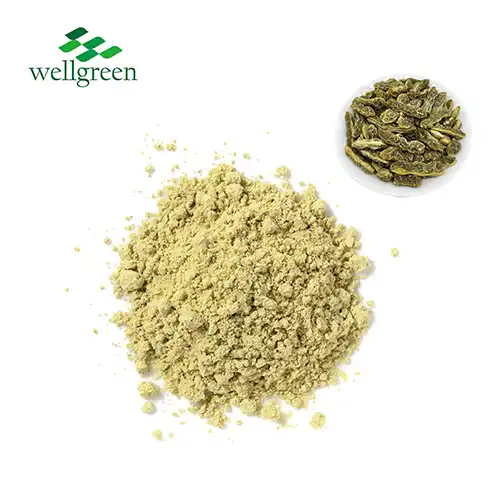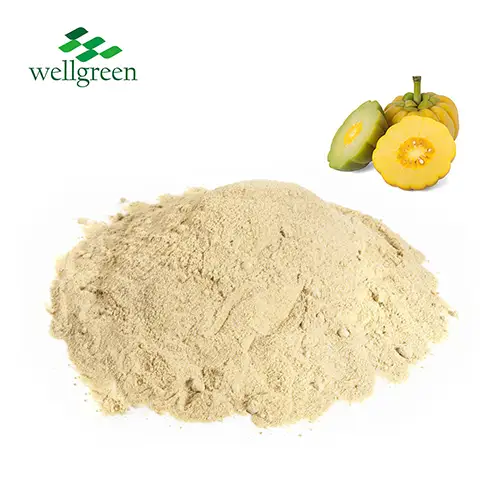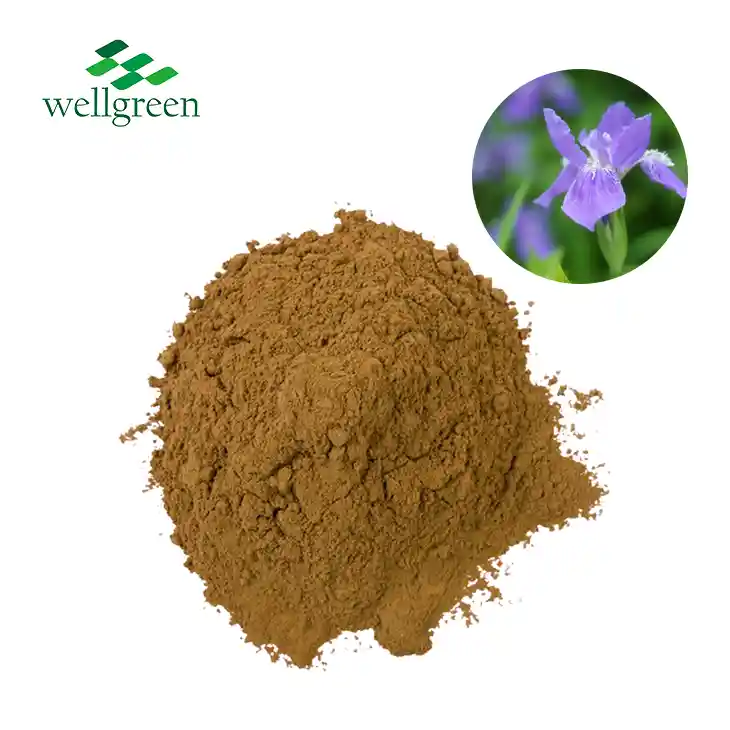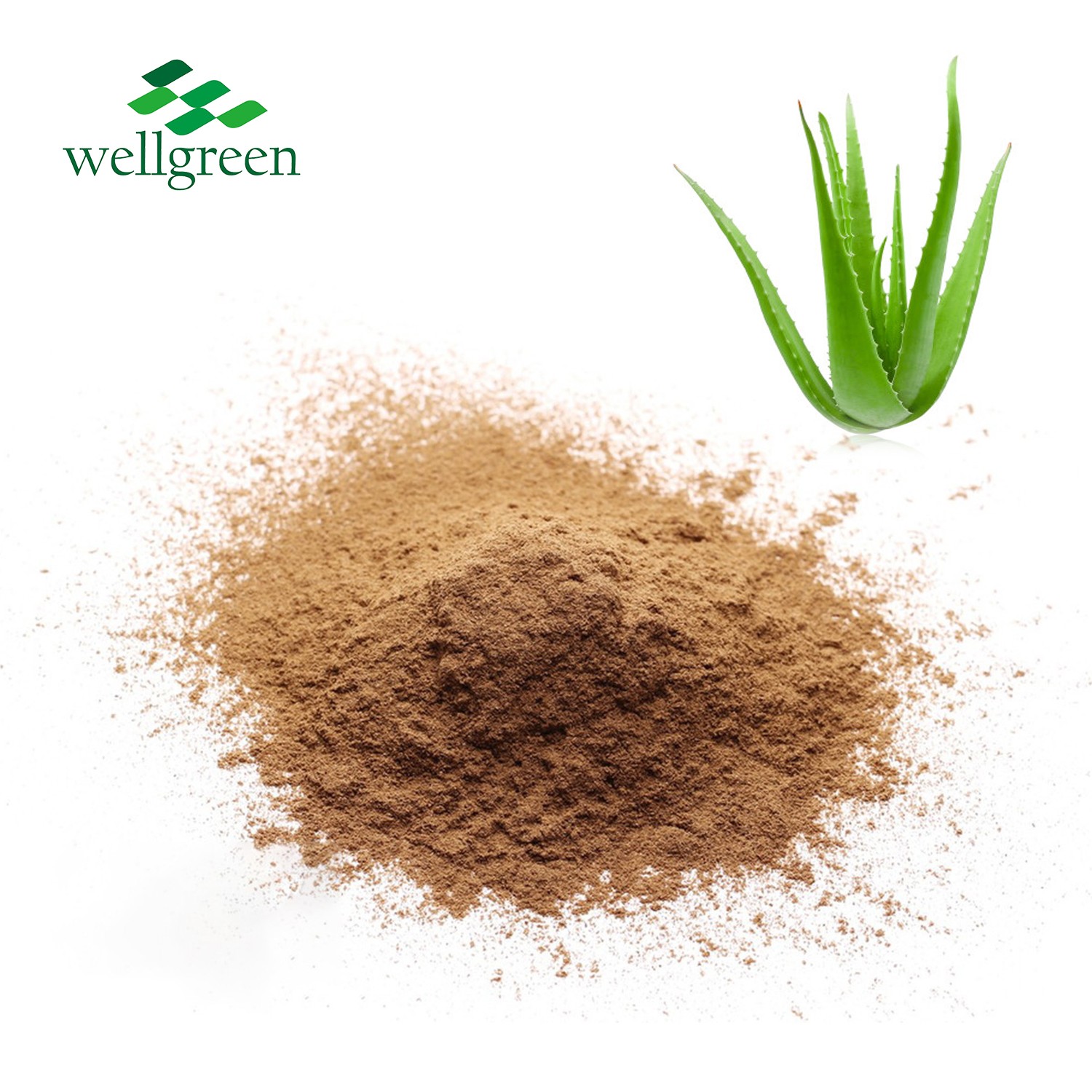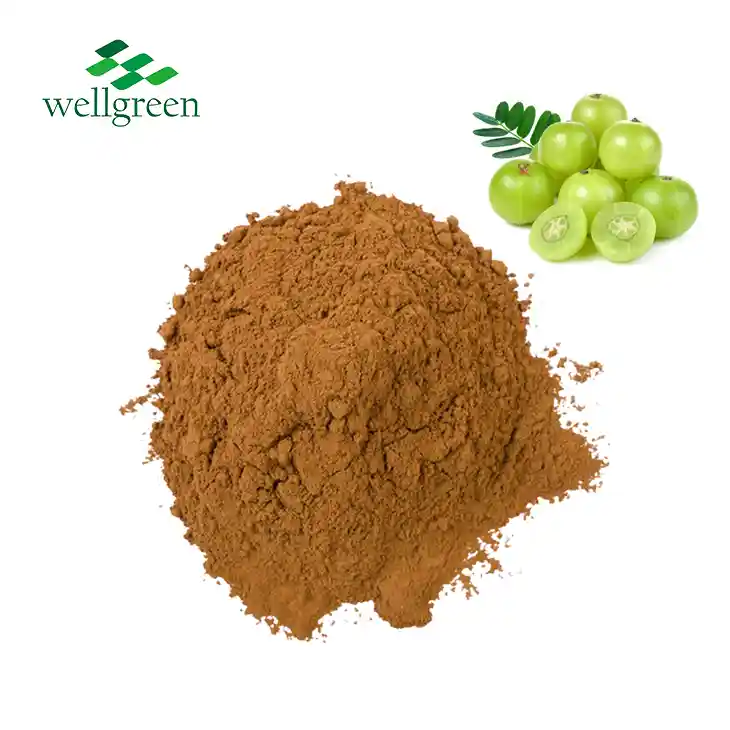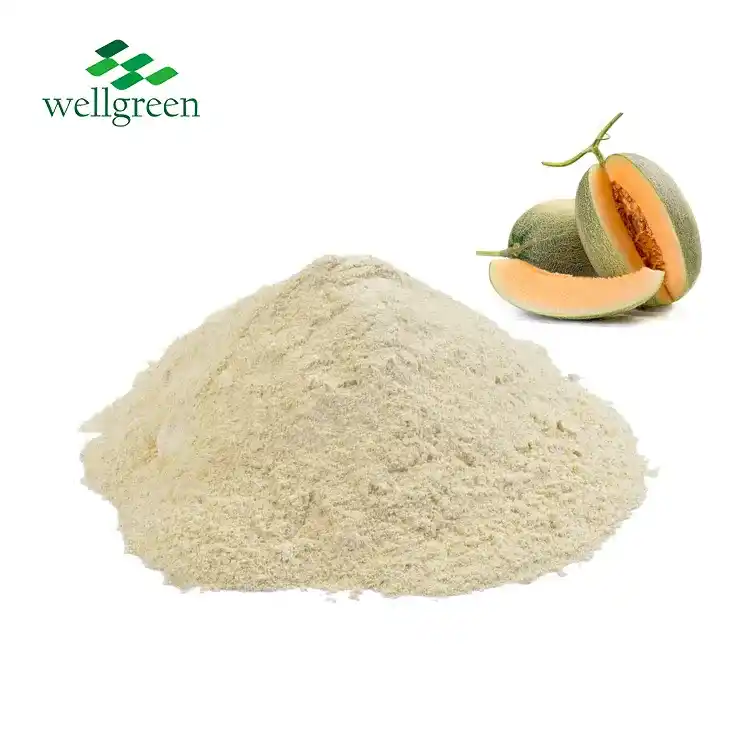Is soy peptide good for you?
2023-12-04 22:33:21
Soy peptide, deduced from soybeans, is extensively regarded as safe for consumption and has experienced expansive studies to estimate its safety and nutritive profile. Regulatory bodies in multitudinous countries have reviewed and approved soy peptide as a food component, contributing to its addition in colorful food products and supplements.
Despite its generally recognized safety, it's crucial to acknowledge that individual responses to food can vary, and allergic reactions are always a potential concern. Soy is a common allergen, and while soy peptide processing may reduce allergenic proteins, there is still a risk of allergic reactions in some individuals.
It is advisable for individuals with known soy allergies or sensitivities to exercise caution when considering soy peptide consumption. Allergic reactions to soy can manifest as skin rashes, digestive issues, or respiratory symptoms. If an individual suspects or has a history of soy allergies, consultation with a healthcare professional is recommended before incorporating soy peptide or any soy-based product into their diet.
Furthermore, if soy peptide powder is to be introduced into the diet of infants or individuals with compromised health, it's advisable to seek guidance from a healthcare provider. These precautions align with general principles of food safety and allergen awareness, emphasizing the importance of informed and personalized dietary choices.
In conclusion, while soy peptide is generally considered safe and approved by regulatory authorities, individuals should be mindful of potential allergies and sensitivities. Understanding one's own health status and consulting with healthcare professionals can help ensure the safe and beneficial incorporation of soy peptide into a balanced and healthy diet.
What is the function of soy peptides?
Soy peptides are recognized for their numerous health benefits, making them a valuable addition to a balanced diet. Here are some key advantages associated with the consumption of soy peptides
Rich in Essential Amino Acids: Soy peptides are abundant in essential amino acids, crucial for the body's protein synthesis. These amino acids serve as the building blocks for proteins, supporting various physiological functions.
Muscle Growth and Repair: The presence of essential amino acids in soy peptides contributes to their role in promoting muscle growth and aiding in the repair of muscle tissues. This is particularly beneficial for individuals engaged in physical activities or those looking to enhance their muscle health.
Immune Function Support: Soy peptides have been linked to immune system support. The essential amino acids they provide play a vital role in the production of immune-related proteins, helping to bolster the body's defense mechanisms.
Antioxidant Properties: Soy peptides contain antioxidants that play a crucial role in protecting the body from free radicals. Free radicals are unstable molecules that can cause cellular damage, contributing to aging and various diseases. The antioxidant content in soy peptides helps neutralize these free radicals, promoting overall cellular health.
Anti-Inflammatory goods Some studies suggest that soy peptides may retainanti-inflammatory parcels. These parcels can contribute to reducing inflammation in the body, which is frequently associated with habitual conditions and conditions.
Incorporating soy peptides into the diet, whether through soy- grounded foods or supplements, provides a accessible way to pierce these health benefits. still, it's essential to approach salutary changes with individual health considerations in mind. Consulting with a healthcare professional or a nutritionist can offer substantiated guidance grounded on specific health pretensions and requirements.
Is soy peptide good for your skin?
The potential benefits of soy peptides extend beyond internal health to include notable advantages for skin health. Research indicates that incorporating soy peptide into skincare routines can lead to various positive outcomes:
Improved Skin Elasticity: Soy peptides have been associated with enhanced skin elasticity. This property is particularly beneficial in maintaining skin firmness and resilience, contributing to a more youthful appearance.
Increased Skin Hydration: Studies suggest that soy peptides can play a role in improving skin hydration. Proper skin hydration is essential for maintaining skin health, preventing dryness, and reducing the risk of irritation.
Texture Enhancement: Soy peptides may contribute to refining skin texture. Regular use of products containing soy peptides has been linked to smoother and softer skin, potentially addressing concerns related to uneven skin tone or texture.
Wrinkle Reduction: The application of soy peptides has shown promise in reducing the appearance of wrinkles. This anti-aging effect is particularly valuable for individuals looking to minimize fine lines and maintain a more youthful complexion.
Soothing Effect: Soy peptides exhibit a soothing effect on the skin, making them suitable for individuals with sensitive or irritated skin. This property can help alleviate inflammation and redness, contributing to overall skin comfort.
Given these skincare benefits, soy peptides have become valued ingredients in cosmetic and skincare products.From moisturizers toanti-aging phrasings, the addition of soy peptides reflects their eventuality to address multiple aspects of skin health. As with any skincare component, individual responses can vary, and it's judicious to perform patch tests and consult with dermatologists before incorporating new products into a skincare routine, especially for those with specific skin enterprises or conditions.
In conclusion, soy peptide is a generally safe and nutritionally rich element that provides essential amino acids, antioxidants, and implicit benefits for skin health. Whether consumed as part of a balanced diet or applied topically in skincare products, soy peptides offer a multifaceted approach to overall well- being. nonetheless, it's pivotal to prioritize individual health considerations and consult with a healthcare professional before making substantial changes to salutary habits or skincare routines.This ensures personalized guidance and consideration of any specific health conditions or sensitivities
WELLGREEN is an innovation-driven manufacturer of herbal extracts since 2011 certified by ISO9001:2015, ISO22000, HALAL, KOSHER, HACCP, and Organic Certificate. If you need soy peptides, please contact us immediately, E-mail:wgt@allwellcn.com. We can supply customized service as per your request.
References:
Chatterjee C, Gleddie S, Xiao C W. Soybean bioactive peptides and their functional properties[J]. Nutrients, 2018, 10(9): 1211.
Wang W, De Mejia E G. A new frontier in soy bioactive peptides that may prevent age‐related chronic diseases[J]. Comprehensive reviews in food science and food safety, 2005, 4(4): 63-78.
Liu L, Li S, Zheng J, et al. Safety considerations on food protein-derived bioactive peptides[J]. Trends in food science & technology, 2020, 96: 199-207.
Lule V K, Garg S, Pophaly S D, et al. Potential health benefits of lunasin: a multifaceted soy‐derived bioactive peptide[J]. Journal of food science, 2015, 80(3): R485-R494.
S Vallabha V, Tiku P K. Antihypertensive peptides derived from soy protein by fermentation[J]. International Journal of Peptide Research and Therapeutics, 2014, 20: 161-168.

